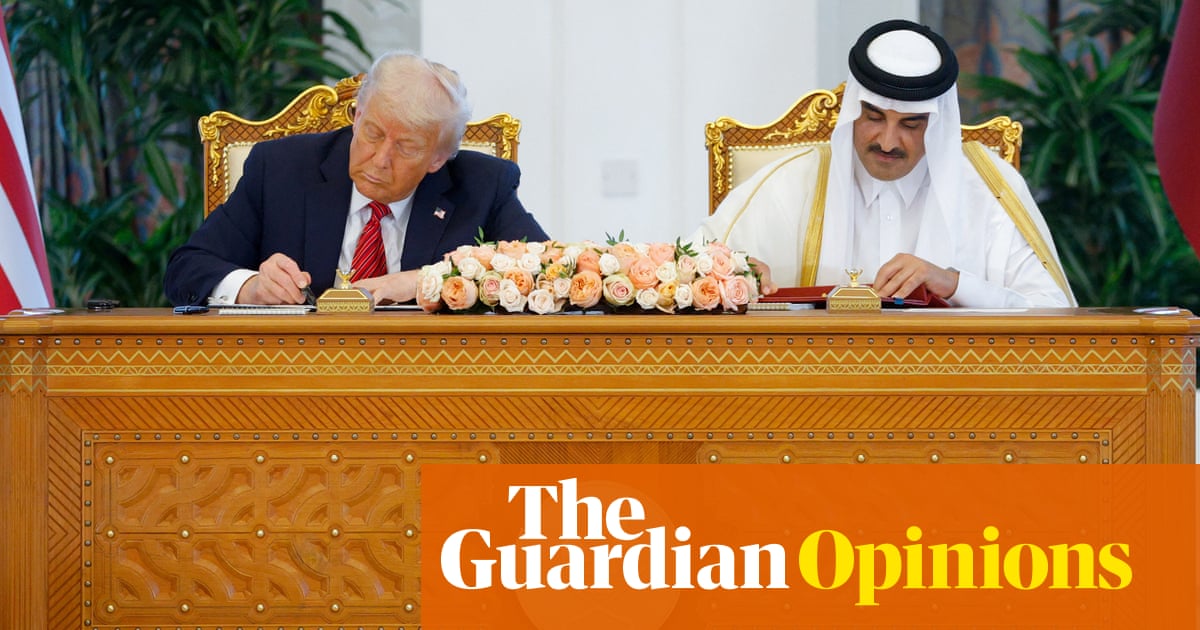
"The president's primary domestic policy deputy, Elon Musk, gained his position in the administration more or less by purchasing it."
"Trump funneled money to his hotel business from domestic sources, too: when Secret Service agents were required to stay at Trump's hotels, they were charged exorbitant rates."
"Trump announced that the biggest investors in the scheme could meet with him personally, either at one of his clubs or at the White House."
"This kind of behavior from the Trump administration has gone on for so long that it is hard to rouse the media to attention to cover it."
The article critiques the Trump administration's perceived commercialization of politics, exemplified by Elon Musk's influence and transactions benefiting Trump's businesses. It highlights how foreign dignitaries and wealthy individuals seem to leverage financial contributions for access to the president. Key practices include Trump charging high rates at his hotels for Secret Service agents and launching initiatives like a cryptocurrency coin by his sons. The article suggests this behavior presents a troubling precedent for ethical governance, as political access seemingly becomes available to the highest bidder, attracting little media scrutiny despite its implications.
Read at www.theguardian.com
Unable to calculate read time
Collection
[
|
...
]